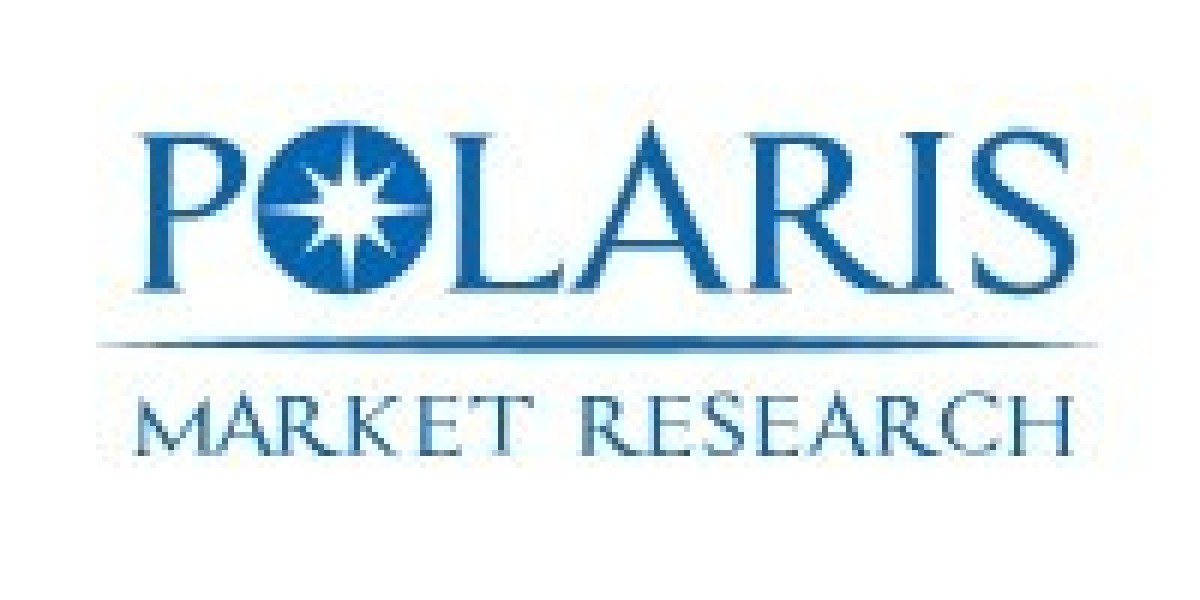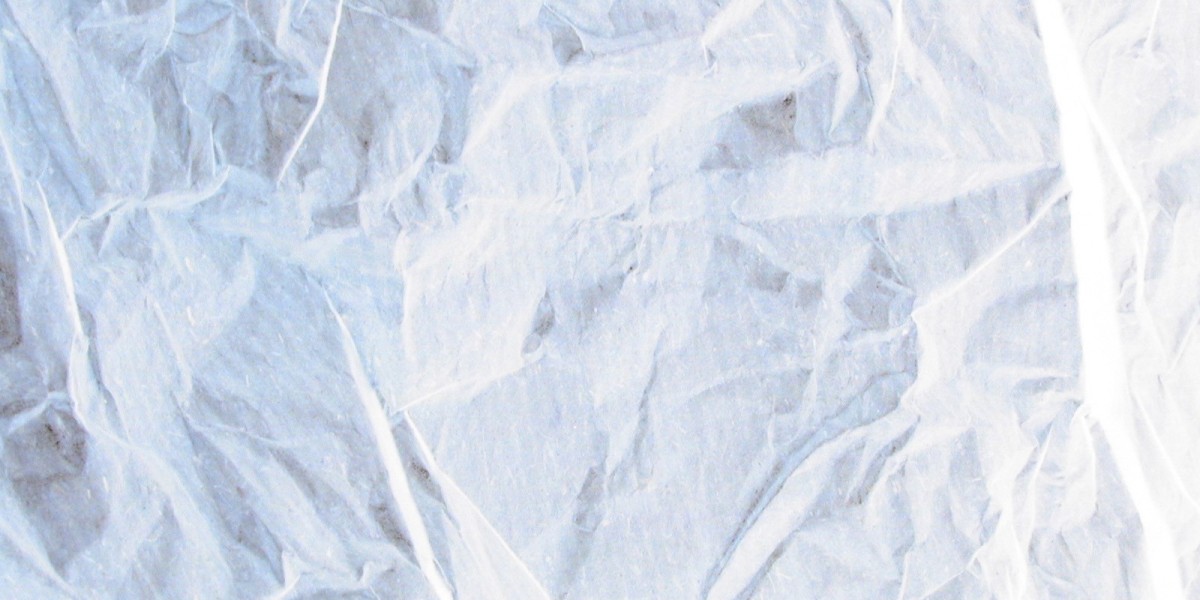Market Overview
Global Pharmaceutical Membrane Filtration Market size and share is currently valued at USD 11.87 billion in 2023 and is anticipated to generate an estimated revenue of USD 23.31 billion by 2032, according to the latest study by Polaris Market Research. Besides, the report notes that the market exhibits a robust 7.8% Compound Annual Growth Rate (CAGR) over the forecasted timeframe, 2024 - 2032
The Pharmaceutical Membrane Filtration market is witnessing significant growth as the demand for high-quality, contaminant-free pharmaceutical products intensifies globally. Membrane filtration technology, which enables precise separation of impurities, microorganisms, and particulates, has become a cornerstone in modern drug manufacturing. With stringent regulatory requirements and an increasing focus on patient safety, pharmaceutical companies are investing heavily in membrane filtration systems to ensure compliance and product efficacy.
Pharmaceutical membrane filtration involves the use of semi-permeable membranes to separate unwanted particles, bacteria, and viruses from liquids and gases in drug production processes. These filtration systems are employed across various stages of pharmaceutical manufacturing, including sterilization, clarification, and purification. Membrane filtration offers advantages such as high efficiency, reduced chemical usage, and consistent product quality, making it an essential component in biopharmaceutical, generic drug, and vaccine production.
The market is expanding as pharmaceutical manufacturers increasingly prioritize contamination control, process optimization, and adherence to stringent regulatory standards. Innovations in membrane materials, filtration techniques, and automation are further enhancing process efficiency, reducing downtime, and lowering production costs.
Key Market Growth Drivers
The pharmaceutical membrane filtration market is propelled by several growth drivers:
- Rising Demand for Biopharmaceuticals: Increased production of vaccines, monoclonal antibodies, and recombinant proteins requires reliable membrane filtration for purification and sterilization.
- Stringent Regulatory Standards: Compliance with FDA, EMA, and other global regulations drives adoption of advanced filtration systems for quality assurance.
- Technological Advancements: Innovations in membrane materials, such as polymeric and ceramic membranes, enhance performance, durability, and efficiency.
- Growing Focus on Contamination Control: The need to eliminate microbial and particulate contamination in drug production supports market expansion.
- Automation and Process Integration: Integration of filtration systems with automated production lines improves operational efficiency and reduces human error.
????? ??? ???????:
- 3M
- Amazon Filters Ltd
- Eaton
- GE Healthcare
- Graver Technologies
- Meissner Filtration Products, Inc.
- Merck KGaA
- Pall Corporation (Danaher)
- PARKER HANNIFIN CORP
- Sartorius AG
- Thermo Fisher Scientific Inc.
??????? ??? ???????? ????????????? ?????? ????: https://www.polarismarketresearch.com/industry-analysis/pharmaceutical-membrane-filtration-market
Market Challenges and Opportunities
Despite its growth potential, the market faces certain challenges:
Challenges:
- High Initial Investment: Advanced membrane filtration systems require significant capital expenditure, which may deter small-scale manufacturers.
- Membrane Fouling and Maintenance: Accumulation of particulates and proteins can reduce efficiency, requiring regular maintenance and replacement.
- Complex Regulatory Compliance: Meeting global standards involves extensive validation and documentation, increasing operational complexity.
Opportunities:
- Emerging Markets Expansion: Growing pharmaceutical manufacturing in Asia-Pacific and Latin America provides opportunities for market growth.
- Development of Sustainable Filtration Solutions: Eco-friendly and energy-efficient filtration systems are gaining attention, aligning with sustainability initiatives.
- Customization and Modular Solutions: Tailored membrane filtration systems for specific pharmaceutical applications can enhance market adoption.
- Collaboration with Biotech Companies: Partnerships to develop innovative filtration technologies for biologics and vaccines are driving innovation.
Market Segmentation
The pharmaceutical membrane filtration market can be segmented based on membrane type, filtration process, and application:
- By Membrane Type: Polymeric membranes, ceramic membranes, and hybrid membranes.
- By Filtration Process: Microfiltration, ultrafiltration, nanofiltration, and reverse osmosis.
- By Application: Biopharmaceutical production, vaccine manufacturing, sterile filtration, water purification, and pharmaceutical intermediates.
Regional Analysis
The market is witnessing dynamic growth across different regions:
- North America: Dominates due to the presence of leading pharmaceutical companies, strict regulatory standards, and high R&D investment.
- Europe: Strong market growth driven by well-established pharmaceutical manufacturing hubs and regulatory compliance initiatives.
- Asia-Pacific: Expected to experience rapid growth due to increasing pharmaceutical production, rising healthcare expenditure, and government support for drug manufacturing.
- Rest of the World: Latin America, the Middle East, and Africa show steady growth, driven by increasing local pharmaceutical manufacturing and expanding healthcare infrastructure.
Future Outlook
The pharmaceutical membrane filtration market is poised for substantial growth over the next decade. Continuous innovation in membrane technology, such as anti-fouling surfaces, higher throughput membranes, and integrated automation, will enhance process efficiency and product quality.
Increasing global demand for vaccines, biologics, and personalized medicines is expected to create new opportunities for membrane filtration systems in both small and large-scale pharmaceutical production. Integration with digital monitoring tools and AI-based process control systems will enable predictive maintenance, real-time quality assessment, and operational optimization.
Furthermore, sustainable and green manufacturing initiatives are likely to influence membrane filtration technologies, with a focus on reducing energy consumption, minimizing waste, and ensuring eco-friendly disposal of used membranes. Collaborative research between membrane manufacturers, pharmaceutical companies, and academic institutions is anticipated to drive innovation and accelerate adoption of advanced filtration systems globally.
More Trending Latest Reports By Polaris Market Research:
Car Camera Cleaning Systems Market
Electric Traction Motor Market
Solar Inverters/PV Inverters Market







